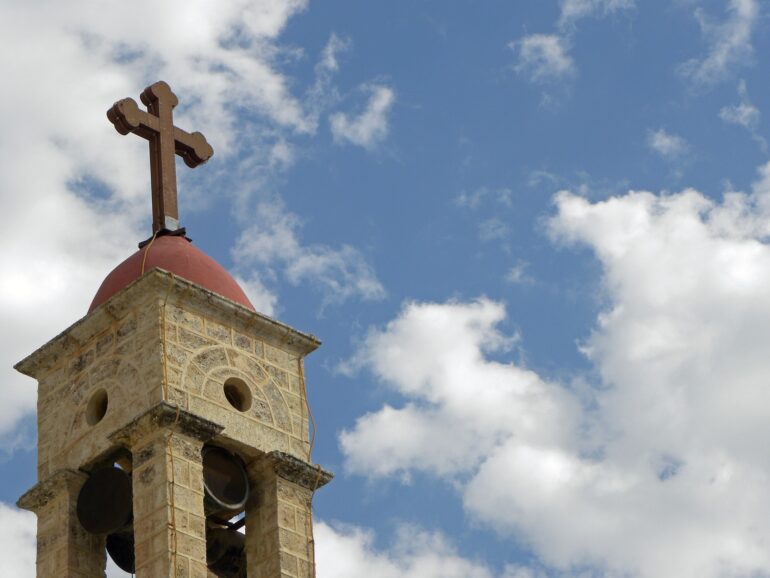TL;DR:
- American Christians express skepticism about artificial intelligence (AI) and are hesitant about its use in church services.
- Only 28% of Christians are hopeful about AI development, while 39% of non-Christians share this optimism.
- A mere 22% of Christians believe AI is beneficial for the Christian Church.
- Some churches experiment with AI tools, but concerns persist regarding the absence of the human element in worship.
- Advocates, like Kenny Jahng, suggest cautiously embracing AI in church while emphasizing its role in serving humanity.
- Catholic theologian Fr. Anselm Ramelow cautions against AI replacing uniquely human capacities like cognition, considering it a violation of human dignity.
Main AI News:
In the realm of artificial intelligence, American Christians stand as a group marked by skepticism, according to a recent survey. Concerns within this community extend to the use of generative AI in church services, presenting an interesting perspective on the intersection of faith and technology.
Barna’s survey conducted this fall revealed that only 28% of Christians expressed hope about AI development, while a larger portion of self-identified non-Christians, at 39%, shared this optimism. The data indicates a noticeable divergence in attitudes towards AI between the two groups.
Delving further into the survey, we find that a mere 22% of Christians concurred with the statement that “AI is good for the Christian Church.” In contrast, 30% strongly disagreed, and 21% somewhat disagreed with the notion of AI’s positive impact on the church. This reticence regarding AI’s role in religious settings has not deterred some churches from experimenting with innovative tools such as OpenAI’s ChatGPT.
In Austin, Texas, Jay Cooper, a Methodist pastor at the Violet Crown City Church, embarked on an intriguing experiment earlier this year. He incorporated ChatGPT into an entire church service to gauge its potential. While the AI demonstrated an impressive grasp of Christian concepts and generated interesting points, Cooper noted a crucial missing element: the human touch. He confided to Fox News that as he preached, he felt progressively less comfortable. He sensed that the AI lacked the genuine human connection and emotion that he deemed essential for worship.
Despite the reservations, proponents advocate for churches to embrace AI cautiously. Kenny Jahng, founder of AiForChurchLeaders.com and editor-in-chief of ChurchTechToday.com, emphasized that AI should serve humanity rather than vice versa. He urged the audience at a Barna-hosted event to recognize AI’s potential benefits, dispelling fears of a human-versus-machine scenario.
Nonetheless, the manner in which AI is deployed carries immense significance. Jahng pointed out that AI often provides information with unwarranted confidence and occasionally delivers inaccurate or misleading data. This aspect necessitates careful consideration of AI’s role within the Christian community.
In the face of rapidly evolving technology, a Catholic theologian, Fr. Anselm Ramelow, sounded a cautionary note regarding AI’s impact on the world. He emphasized the Church’s support for technology that enhances human flourishing and aligns with ethical principles. However, he expressed deep concern that AI’s trajectory appears to replace distinctly human capacities like cognition. This, he argued, poses a threat to human dignity and risks distorting our perception of what it means to be truly human.
Conclusion:
The skepticism and apprehension among American Christians regarding AI’s role in the church highlight a significant market challenge. While there is potential for AI to enhance various aspects of religious services and education, the human element remains irreplaceable. Market players must tread carefully, emphasizing AI’s role as a servant rather than a replacement, and address concerns about accuracy and confidence in AI-generated content. This intersection of faith and technology presents an opportunity for innovation but requires a delicate balance between progress and preserving the essence of human spirituality.

